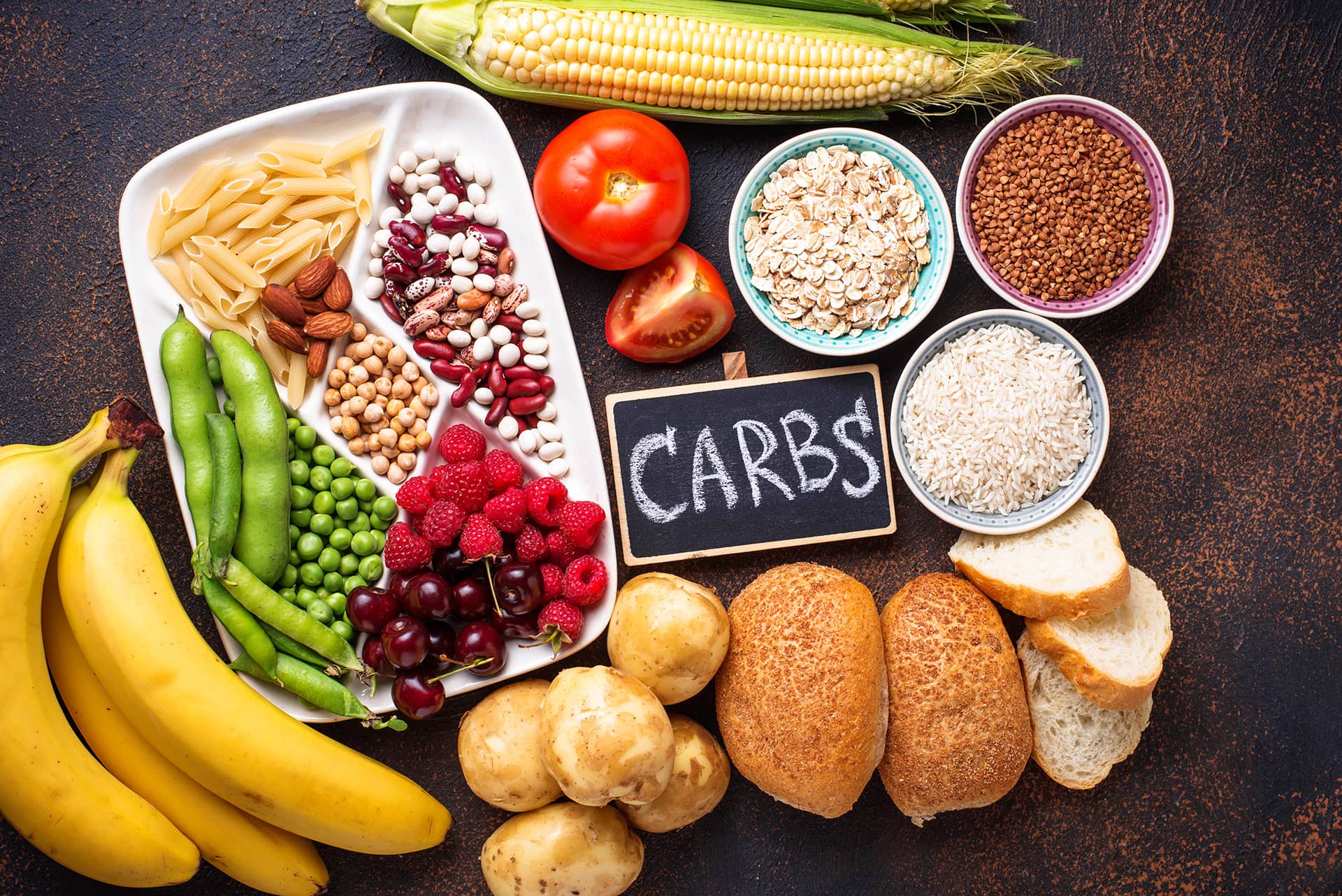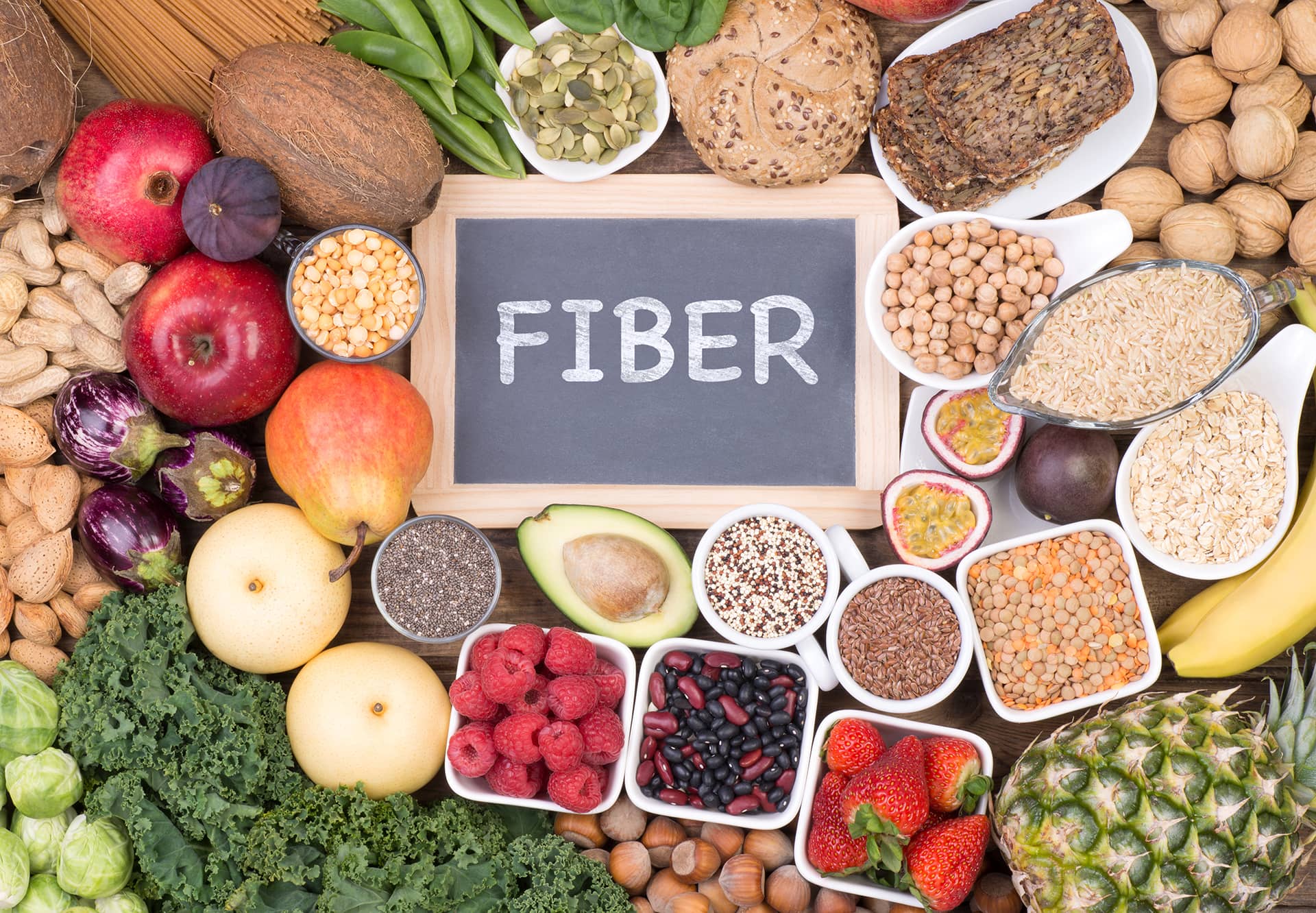Testosterone gets plenty of hype in the health and wellness world and for good reason! Testosterone is the male sex hormone that works as an anabolic hormone, meaning it it effective in building lean muscle tissue . In addition to increased muscle mass and strength, having adequate testosterone is necessary for internal health by maintaining a healthy bone density, decreasing fat tissue, enhancing libido and fertility, and reducing the risk of cardiovascular disease, type 2 diabetes, and even obesity. Unfortunately, natural testosterone levels decrease with age, causing many men to experience weight gain, low energy, brain fog, and poor internal health as they age.
The good news? You don’t have to fall victim to tanking testosterone levels! There are plenty of ways to NATURALLY increase your body’s testosterone and enjoy all of the benefits of this important hormone. Here is a list of some ways you can naturally increase your testosterone levels and tools we look to implement for our Prefusion Health clients.
EXERCISE
Get up and get moving! Multiple studies have shown that certain types of exercise have a positive effect on testosterone levels. Especially in older men, those who increased their physical activity levels showed significant increases in their serum testosterone and growth hormone (GH)- both of which help build lean muscle tissue! Men who exercise regularly have also been shown to have much higher levels of testosterone, on average, than men who do not exercise at all. But not all exercise is created equal! These studies show that resistance training and high intensity interval training (HIIT) are the most effective exercises for increasing testosterone. Next time you hit the gym, try incorporating these exercise styles to reap all the benefits of higher testosterone. Alternate your routine between days dedicated to resistance training, performing compound lifts such as Bench Press, Strict Press, Deadlifts and Squats to name a few. Days dedicated to HIIT can be interval work of strength and cardio, working for a set period of time and resting (1:1 or 1:2 work/rest ratio) for 30 minutes total workout time, both effective and efficient!
ALCOHOL
Put down the bottle! Reducing (or removing altogether) the amount of alcohol you drink has been shown to have positive effects on your body’s production of testosterone. Drinking alcohol frequently in excess (15 or more alcoholic beverages per week) can disrupt testosterone production by interfering with the glands that are responsible for producing it. Moderate alcohol consumption (no more than 2 drinks per day) doesn’t affect your testosterone levels as severely- but when looking to live a healthier lifestyle and reduce the risk of obesity, chronic disease, and other health issues, it’s best to eliminate alcohol from your daily diet in order to optimize hormone production and function.
DIETARY FATS
Eat more fat! Did you know that dietary fats are the building blocks of all hormones? That includes testosterone! It can’t be made without fat. So if you’re following a low-fat diet, you may be sabotaging your own health by reducing the amount of testosterone your body produces. Research suggests that you should, at minimum, consume 20% of your daily calories from dietary fats for optimal hormonal function. For a person eating 2500 calories per day, that’s 500 calories (~56 grams) of fat. Healthy sources of dietary fats include:
- Olive oil
- Avocado or
- Avocado oil
- Coconut oil
- Nuts
- Nut Butters (Almond, Peanut or Cashew Butter)
- Seeds
- Fatty fish (such as salmon)
- Grass Fed Butter
INCORPORATE NATURAL AROMATASE INHIBITORS
Many herbs and supplements act as aromatase inhibitors- meaning they prevent the conversion of testosterone into estradiol. The result? Higher testosterone levels! Check out the table below for some foods, herbs, and supplements that prevent the conversion of testosterone. Incorporate them into your daily diet to boost your levels!
Foods that act as aromatase inhibitors include:
- Flax Seed
- Green or Black Tea
- White Button Mushrooms
- Broccoli
- Spinach
- Arugula
- Dietary Fiber
AVOID ENDOCRINE DISRUPTORS
Check your labels! Endocrine disruptors, such as phthalates, digoxins, and BPA, are chemicals that can interfere with your body’s hormones. Unfortunately, these chemicals are found in so many of the products we use on a daily basis, such as plastic containers/water bottles, laundry detergents, deodorants, cosmetics, and more! These chemicals have been linked to tanking testosterone levels and both sperm count and quality in men. Decrease your exposure to these endocrine disruptors by swapping plastic containers for glass ones, using BPA-free personal care products, and always reading your labels for household cleaning supplies before you buy them.
GET ADEQUATE SLEEP
Get to bed! Multiple studies show that men who sleep less than 5.5 hours per night have, on average, 10-15% lower levels of testosterone than men who sleep 6 or more hours per night. Getting enough sleep is also effective for increasing muscle growth, muscle recovery, brain function, concentration, and immune system function. If you aren’t getting enough Z’s, try setting a small goal to get to bed 30 minutes earlier each night. Set an alarm nightly and limit your screen time one hour before bed, read a non-fiction book and if using an electronic device keep the luminosity down and wear blue light glasses to enhance the quality of your sleep!
GET MORE VITAMIN D
Vitamin D is a precursor for hormones, including testosterone! Your body needs sufficient vitamin D intake to ensure a healthy and functioning endocrine system. Low vitamin D has often been associated with low testosterone levels in men. The best ways to increase your vitamin D status is to spend more time outside and eat healthy fat-containing foods such as salmon and egg yolks. Supplements are also a great choice if your vitamin D levels still are not sufficient. Regular blood work can give you an insight to your vitamin D levels.
You can look and feel your best by making sure your testosterone levels are sufficient. Following the tips above and incorporating them into your daily routine can offset the fact that testosterone naturally decreases as you age.



